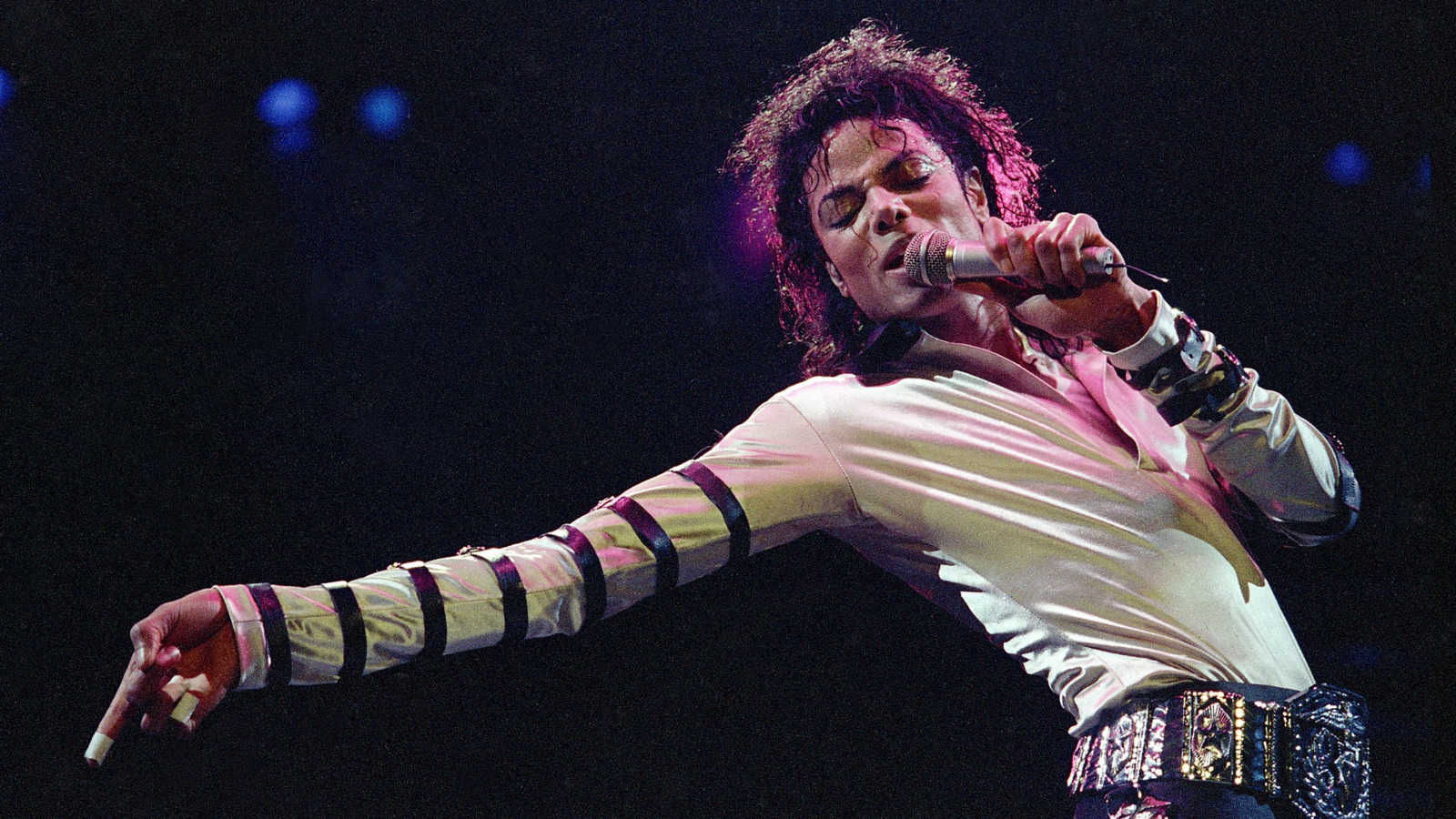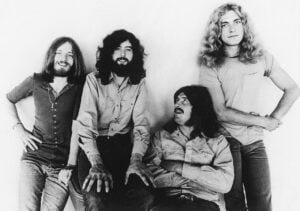Famous Musicians That Died Poor
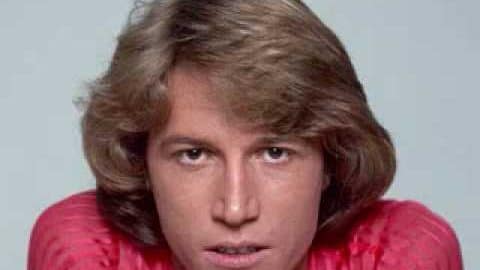
via Rewind Music Group / Youtube
When we think of a “rock star,” a clear image comes to mind: roaring crowds flashing devil horns, lighters swaying in the air, wild tour buses packed with groupies, and enough booze, drugs, and luxuries to make even a billionaire jealous. Lavish wealth has always been part of rock and roll, even for artists who sing about working-class struggles. Take Jon Bon Jovi, New Jersey’s blue-collar hero, who got rich crooning about Johnny working the docks—rich enough to buy an arena football team.
But here’s the thing: making money in music doesn’t mean you’ll keep it. Plenty of big-name musicians went from rags to riches…and right back to rags. While some managed to fight their way back to the top, others weren’t so lucky, leaving behind little more than broken dreams and empty pockets.
Gregory Coleman
The Winstons may not ring a bell, but in the late ’60s, they were on the rise. Their single “Color Him Father”, a heartfelt tribute to a stepdad who stepped up, hit No. 7 on the charts and earned a Grammy nomination. Though the band split before achieving lasting fame, their B-side “Amen Brother” found a surprising legacy. A six-second drum break—Gregory Coleman’s iconic beat—became the legendary “Amen Break”. By the mid-’80s, it was everywhere, fueling tracks from Salt-N-Pepa, NWA, and even entire genres like drum and bass and jungle.
Despite its impact, the band never earned a cent from those thousands of samples. Tragically, Coleman, whose drumming shaped modern music, died homeless in 2006. A 2015 GoFundMe campaign raised $30,000 for frontman Richard Spencer, a kind gesture, but one that came too late for Coleman, the unsung hero behind one of music’s most famous beats.
Sammy Davis Jr.
In show business, Sammy Davis Jr. was the quintessential underdog. Despite the odds, this little Black man became famous during the Jim Crow era after losing his left eye in a car accident. He earned his place in the Rat Pack alongside Dean Martin and Frank Sinatra by acting, singing, and dancing his way into America’s heart. As a Black Jewish entertainer, he defied convention, married a Swedish model at a time when interracial unions were frowned upon, and followed his own path—always with flair and charisma.
Davis died in 1990 with a debt of more than $5 million to the IRS, notwithstanding his notoriety. In a strange turn of events, a storage container rented in someone else’s name turned out to contain several Davis’ treasures, including antiques. The IRS seized the items, closing a strange chapter in the life of a man whose legacy still shines, even if his fortune did not.

Harry Nilsson
Harry Nilsson was a one-of-a-kind talent, known for his unforgettable songwriting and brilliant interpretations of others’ work. He penned hits like “One” (yes, the loneliest number) and “I Guess the Lord Must Be in New York City,” while his take on Fred Neil’s “Everybody’s Talkin’” became the iconic theme of Midnight Cowboy. His rendition of Badfinger’s “Without You” remains one of the most covered songs ever. A Beatles favorite and John Lennon’s drinking buddy, Nilsson also charmed fans with “Me and My Arrow” from his whimsical animated special, The Point.
But shady dealings by his manager, Cindy Sims, left Nilsson in financial ruin. Sims pocketed massive amounts of his money and later pled guilty to grand theft. Nilsson, supporting a family of eight, was forced into bankruptcy, hounded by creditors and the IRS. Sadly, his fears of dying broke became a reality when he passed away from heart failure in 1994 at just 52.
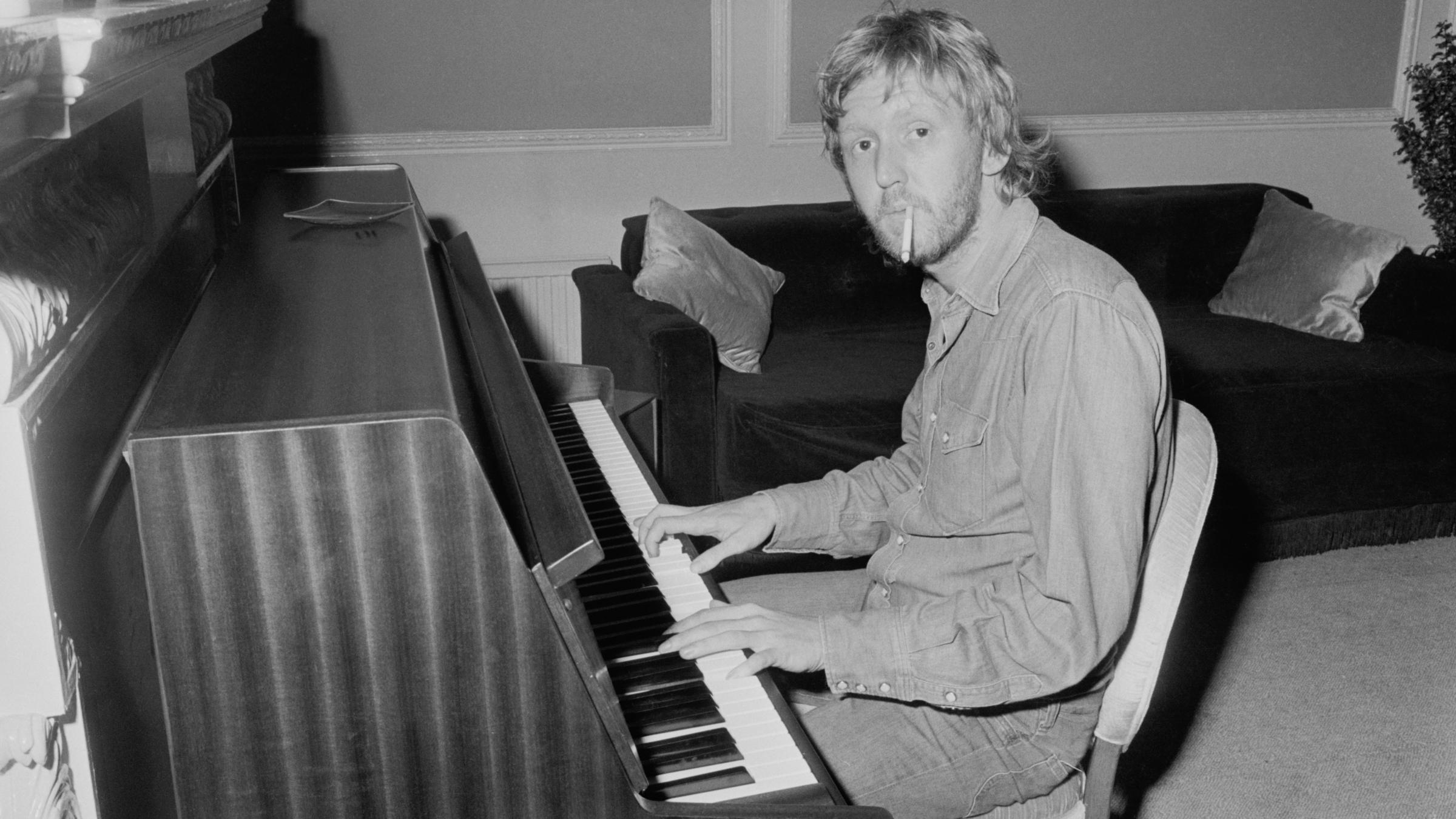
David Williams
Despite not being well-known, David Williams’ guitar playing was remarkable. He has been a session player since he was in his teens, backing artists such as the Dells and the Temptations. Quincy Jones’s tapping of him for Michael Jackson’s Off the Wall and Thriller was his big break. That distinctive, infectious riff from “Billie Jean”? That’s Williams. In addition to the King of Pop, he performed for such legendary artists as Whitney Houston, Paul McCartney, Madonna, Herbie Hancock, and Stevie Nicks.
Williams’ life ended tragically, despite having influenced some of the greatest songs in music history. He was admitted to a hospital in Hampton, Virginia, in March 2009, but it was said that because he had insurance, he did not receive proper care. “David, who supported stars for years, had nothing,” said a family friend. At just 58, Williams passed away—a heartbreaking end for a guitarist whose talent helped shape music’s golden moments.
Marvin Gaye
Marvin Gaye’s tragic death remains one of music’s most heartbreaking stories. By the early ‘80s, after battling drug addiction, overwhelming debt, and a career slump, Gaye was making a comeback. His 1982 album Midnight Love and the hit single “Sexual Healing” put him back on the charts. But in April 1984, everything came crashing down. Following a heated argument at his family home, Gaye’s father, Marvin Gay Sr., shot and killed him—just one day before his 45th birthday.
Despite his massive success, Gaye’s struggles left him broke when he passed. His estate was declared insolvent, with debts so overwhelming the family lawyer couldn’t even calculate the total. The only thing Gaye could leave his 18-year-old son, Marvin Gaye III, was the legal right to settle his non-existent assets. It’s a sobering reminder of how even the greatest talents can face unimaginable personal and financial struggles.
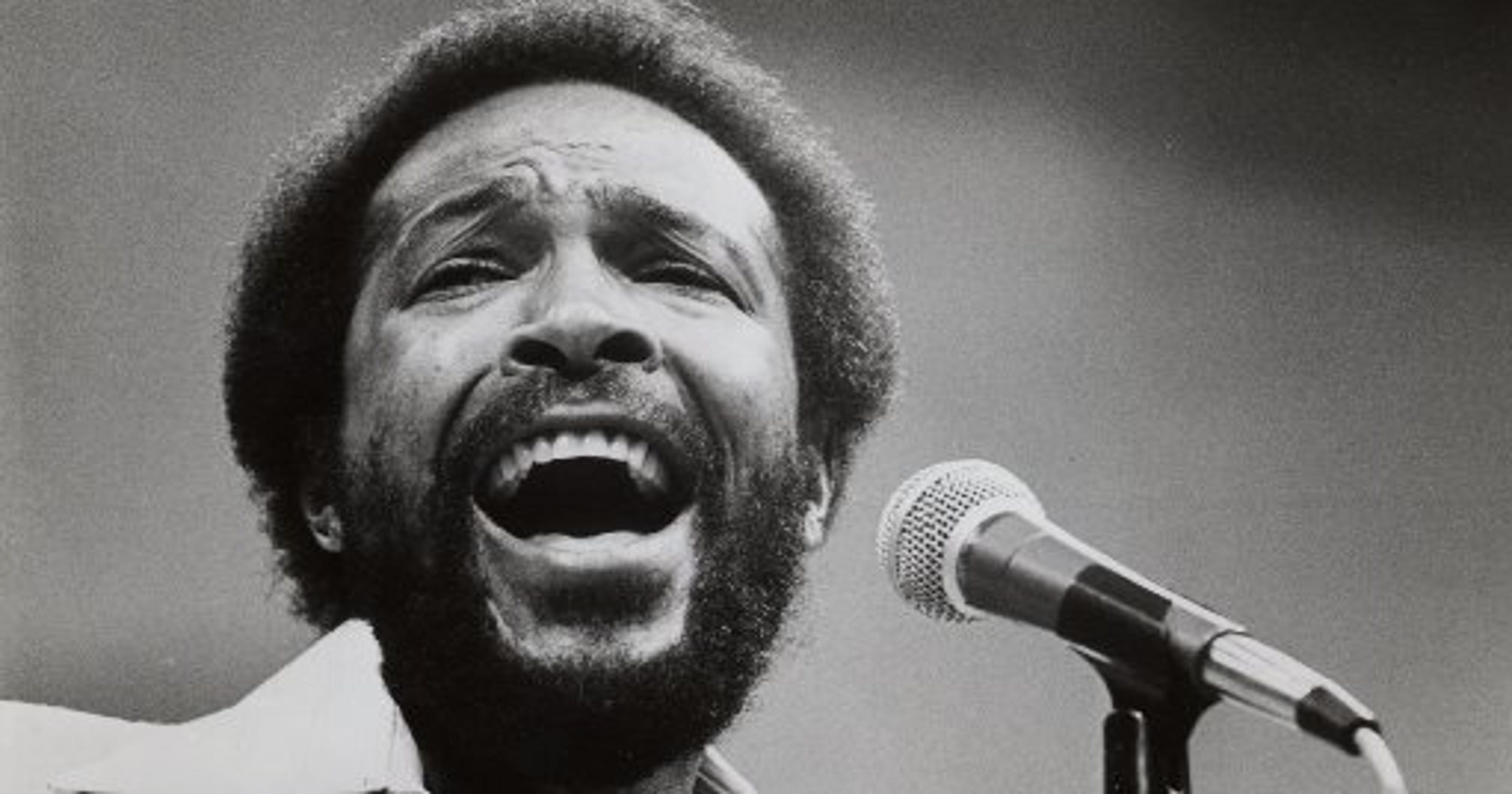
Billie Holiday
Billie Holiday, one of the greatest vocalists of all time, lived a life as powerful as her music. Rising from poverty and hardship, she went from singing with Count Basie’s orchestra to becoming a solo icon in the 1930s and ‘40s. Holiday didn’t just face racial prejudice—she confronted it head-on. Her haunting 1939 recording of “Strange Fruit,” a fearless protest against racism, became her defining song but also made her a target.
The FBI, under the racist leadership of Harry Anslinger, relentlessly pursued Holiday during its war on drugs, focusing heavily on Black artists. Her struggles with heroin addiction led to financial ruin, jail time, and a damaged career. Even as she lay dying in a hospital in 1959, federal agents continued to harass her. Holiday passed away at just 44 years old, with only $750 to her name, strapped to her leg—her last token of gratitude for the nurses who cared for her.
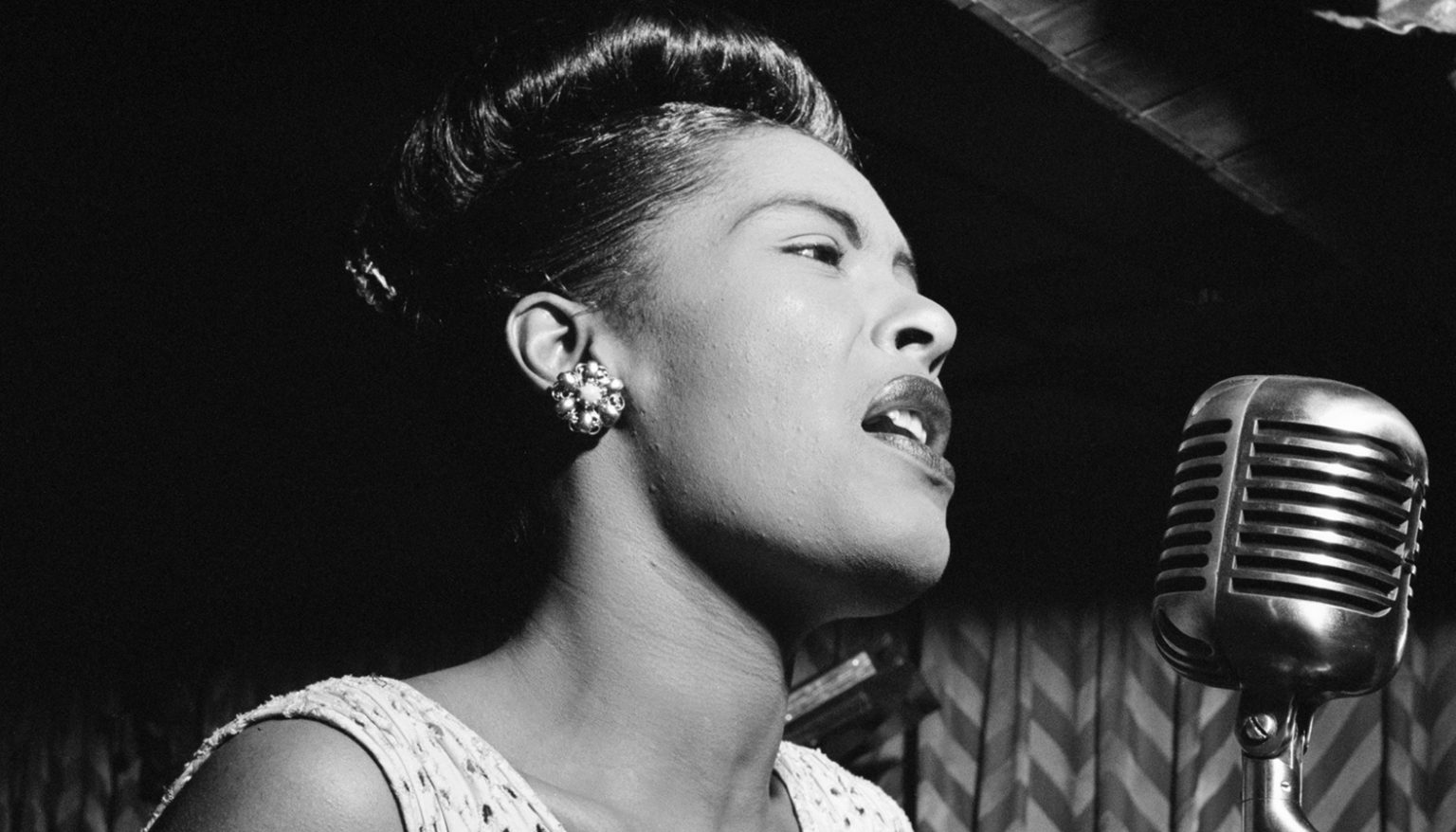
Whitney Houston
Whitney Houston was “the voice” of a generation, not just a strong vocalist. Her 1985 self-titled debut broke records and was the best-selling debut by a female solo artist at the time, showcasing unrivaled power, range, and grace. Whitney made millions of dollars, won Grammys, and dominated the charts during the ensuing ten years. However, her private life revealed a different picture, characterized by a tumultuous marriage to Bobby Brown and well-publicized battles with addiction, both of which had a significant negative impact on her financial situation.
Houston tragically died in 2012 after drowning in a hotel bathtub while under the influence of drugs. Despite her extraordinary success, she reportedly accumulated enormous debts that greatly exceeded the $20 million worth of her land. Ironically, the value of her estate increased dramatically after her passing, exceeding those and then some — an ironic end to Houston’s tragic and often confounding story.

Andy Gibb
Andy Gibb, the younger brother of the Bee Gees’ Robin, Maurice, and Barry, shone brightly during the disco craze of the late ‘70s. With Barry’s songwriting magic and his own undeniable charm, Andy became the first male solo artist to see his first three singles hit No. 1. Beyond music, he found success as a TV personality and even starred on Broadway in Joseph and the Amazing Technicolor Dreamcoat. But by the early ‘80s, Andy’s career had taken a nosedive, and his escalating cocaine addiction drained his finances. In 1987, he filed for bankruptcy.
Andy eventually sought help, overcoming his addiction at the Betty Ford Center. He was gearing up for a comeback in 1988, but the damage was done. Years of drug abuse weakened his heart, and in March, a viral infection triggered fatal heart inflammation. Just 30 years old, Andy’s life ended far too soon, leaving behind a story of brilliance, struggle, and unfulfilled promise.

Lucky Thompson
Tenor saxophonist Lucky Thompson may not have lived up to his name, but his talent was undeniable. He played alongside jazz legends like Dizzy Gillespie, Charlie Parker, and Thelonious Monk, and even spent time with the Count Basie Orchestra. Thompson also recorded his own material in the ‘60s and ‘70s and briefly taught music at Dartmouth University. But by the mid-‘70s, he vanished from the spotlight.
Thompson had a deep distrust of the music industry and walked away from it all. For years, little was known about his life. According to The New York Times, he spent much of that time drifting, living in the woods, with friends, or in hospitals — often without even owning a saxophone. In 1994, Thompson found stability in a Seattle assisted living facility, where he stayed until he died in 2005 at the age of 81. A brilliant musician, his life was as complex and haunting as his melodies.

Woody Herman
Woody Herman was one of the greatest bandleaders of the 1940s when large bands were at the pinnacle of the music industry. Herman, a gifted clarinetist, was the lead singer of the First Herd, which is well-known for songs like “Northwest Passage” and “Caldonia.” He kept coming up with new band lineups and experimenting with other musical genres, including rock. He commemorated 40 years of guiding the band with a major Carnegie Hall show in the 1970s, after having won three Grammys. However, bad management and unpaid taxes caused his fortunes to slip south.
Herman had to continue working long into his later years to pay off debts when the IRS started to approach him in the late 1970s. Despite his deteriorating health in the 1980s, he continued to be on stage, passing the leadership to Frank Tiberi. Sadly, he passed away in 1987 from emphysema and pneumonia, ending a legendary career at age 74.
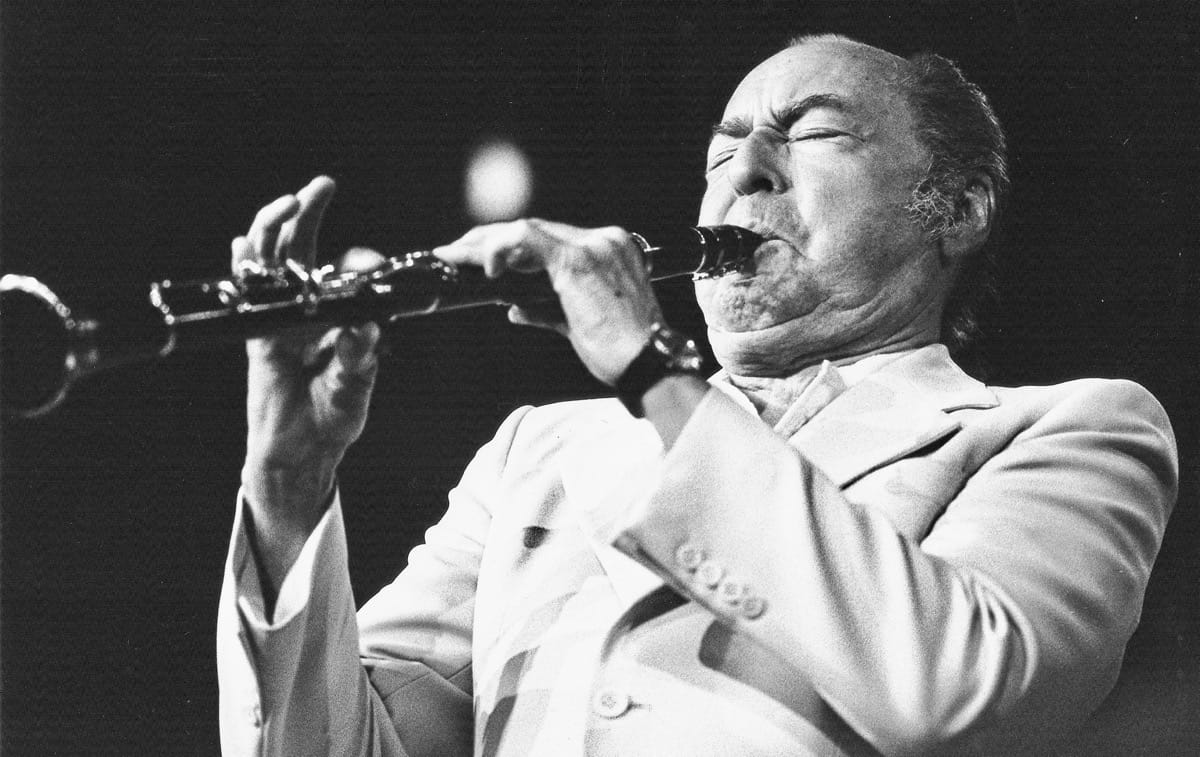
Jaco Pastorius
There was no bassist like Jaco Pastorius. Before starting his own ground-breaking solo career, he worked with legendary musicians like Weather Report, Pat Metheny, and Joni Mitchell. He is renowned for his proficiency with the fretless bass. He had a distinctive style of playing that was forceful, lyrical, and fluid, more akin to a lead instrument than a member of the rhythm section. He started the band Word of Mouth in 1980, but by that time, his personal problems were beginning to show.
He was difficult to work with because of his unpredictable conduct caused by mental health issues and substance misuse, as well as instances like a drunken outburst at a jazz festival. He was homeless by 1987 and was looking for work wherever he could. Sadly, that year he was involved in a fight with a nightclub bouncer, hit his head on the pavement, and fell into a coma, passing away nine days later at just 35.
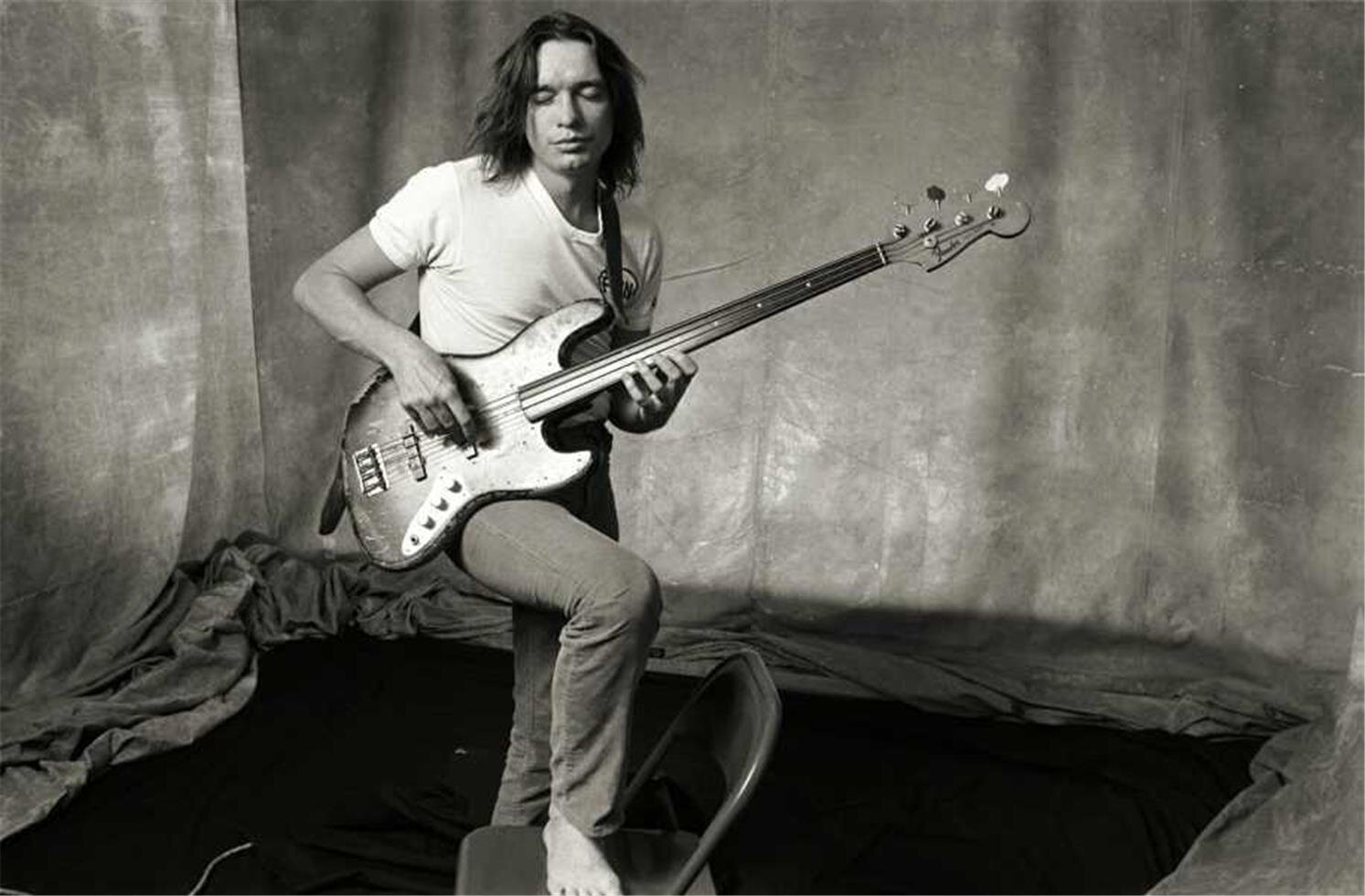
Michael Jackson
The world was startled by Michael Jackson’s death in 2009, but many people were unaware that the King of Pop was heavily indebted at the time. Jackson was well-known for his opulent lifestyle, which included a hyperbaric oxygen chamber, a vast Neverland Ranch, and a pet chimpanzee. Even though he was well-known and wealthy, he was not financially secure.
His expenditures had become unmanageable as he was getting ready for a comeback tour; debt payments alone were approaching $30 million annually. His debts were reported to be close to half a billion dollars by the time of his death. His travels hardly made a profit in his last years, and his costs continued to rise. Three years after his passing, it took his whole estate to clear all his debts, proving just how much his lavish lifestyle had taken a toll.
